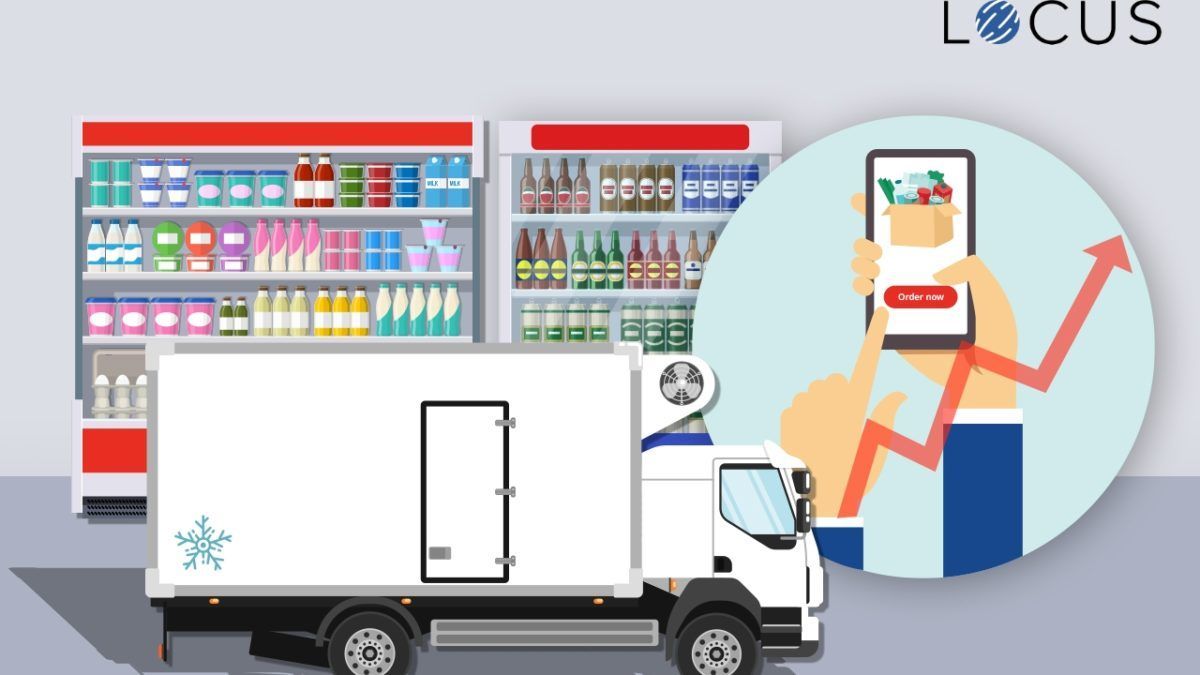Urban refrigerated deliveries are an essential component of the modern supply chain, especially for perishable goods. However, they face unique challenges due to the complexity of urban environments. This article explores the key challenges in urban refrigerated deliveries and the innovative solutions being implemented to address them.
Table of Contents
ToggleChallenges in urban refrigerated deliveries
Traffic congestion and delivery delays
Urban areas are often plagued by heavy traffic, leading to delays in delivery times. These delays are particularly problematic for refrigerated deliveries, as they can compromise the quality of perishable goods. A study by inrix, a global analytics company, found that traffic congestion in urban areas is a significant contributor to delivery inefficiencies.
Limited access and parking restrictions
Many urban areas have limited access or restricted zones for large vehicles, which poses a challenge for refrigerated trucks. Additionally, parking restrictions can make it difficult to unload goods in a timely manner.
Environmental regulations
Cities are increasingly adopting strict environmental regulations to combat pollution and reduce carbon emissions. These regulations can limit the operation of traditional refrigerated trucks, especially those using diesel engines.
High energy consumption and costs
Refrigerated deliveries require a continuous power supply to maintain temperature control, leading to high energy consumption and operational costs.
Solutions to enhance urban refrigerated deliveries
Electric and hybrid refrigerated vehicles
To address environmental concerns and comply with urban regulations, there is a growing trend towards using electric or hybrid refrigerated vehicles. These vehicles produce fewer emissions and are often exempt from urban restrictions. For instance, a report by the national renewable energy laboratory (nrel) highlights the potential of electric vehicles in reducing emissions in urban deliveries.
Advanced route planning software
Using advanced route planning software can help navigate urban traffic more efficiently, reducing delivery times. These systems can analyze traffic patterns and suggest optimal routes to avoid congestion.
Compact and agile delivery vehicles
Using smaller, more agile vehicles for urban deliveries can circumvent access and parking issues. These vehicles can navigate narrow streets more easily and require less space for parking.
Use of iot for real-time monitoring
Integrating internet of things (iot) technology allows for real-time monitoring of the cargo’s condition. Iot devices can track temperature, humidity, and location, ensuring the integrity of perishable goods during transit.
Sustainable refrigeration technologies
Investing in sustainable refrigeration technologies, such as solar-powered refrigeration units, can reduce energy consumption and costs. These technologies are more environmentally friendly and economically efficient in the long run.
Collaboration with urban authorities
Collaborating with urban authorities to understand and adapt to local regulations and infrastructure can improve the efficiency of refrigerated deliveries. Public-private partnerships can lead to the development of delivery solutions that are both efficient and compliant with local guidelines.
Conclusion
Urban refrigerated deliveries face unique challenges, including traffic congestion, access restrictions, environmental regulations, and high operational costs. Addressing these challenges requires a combination of innovative vehicle technologies, advanced software for route planning, sustainable refrigeration solutions, and strategic collaboration with local authorities. As urban areas continue to grow, developing effective solutions for refrigerated deliveries is essential for ensuring the timely and safe delivery of perishable goods, while also adhering to environmental and regulatory standards.
Categories
Recent Posts
Advertisement


